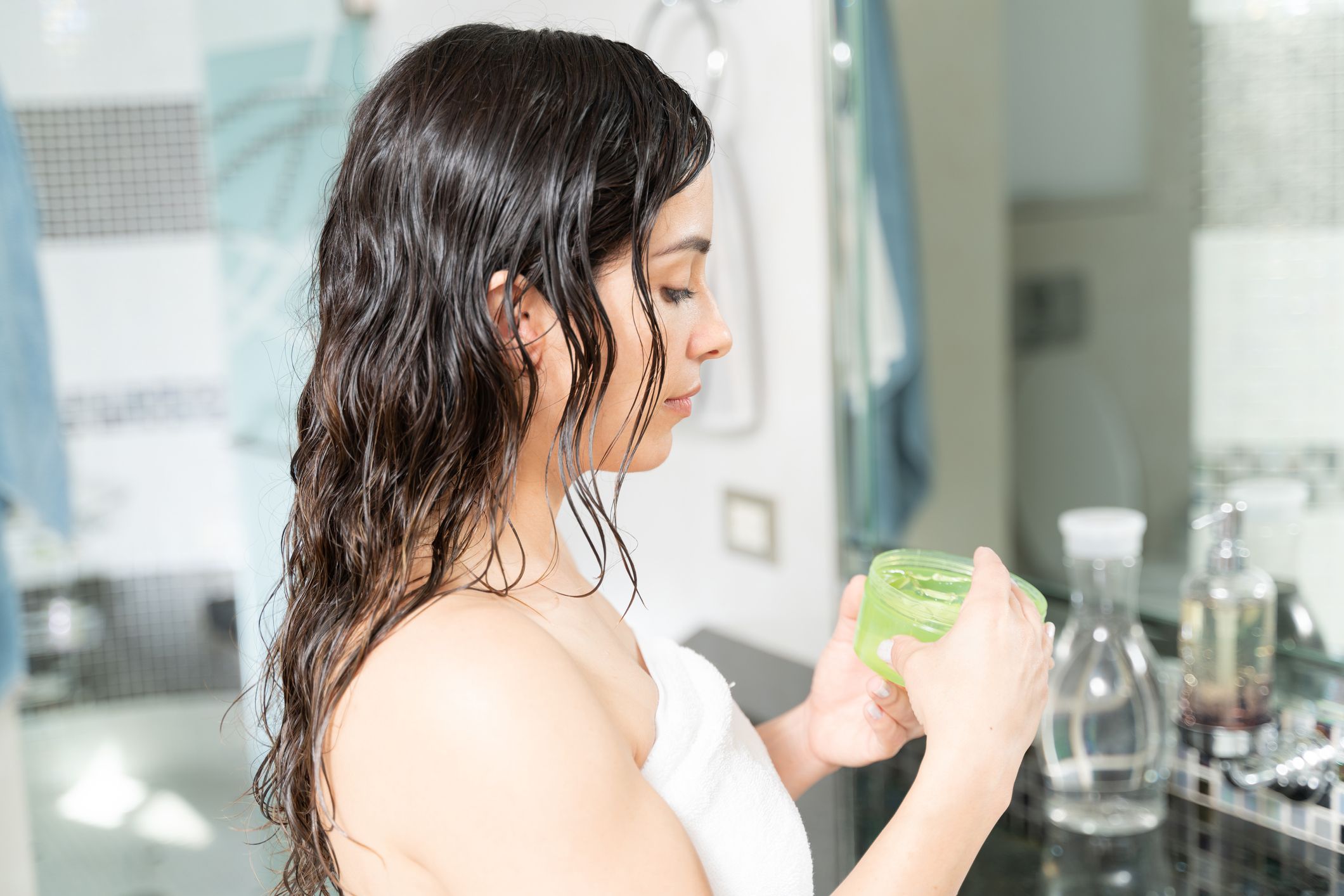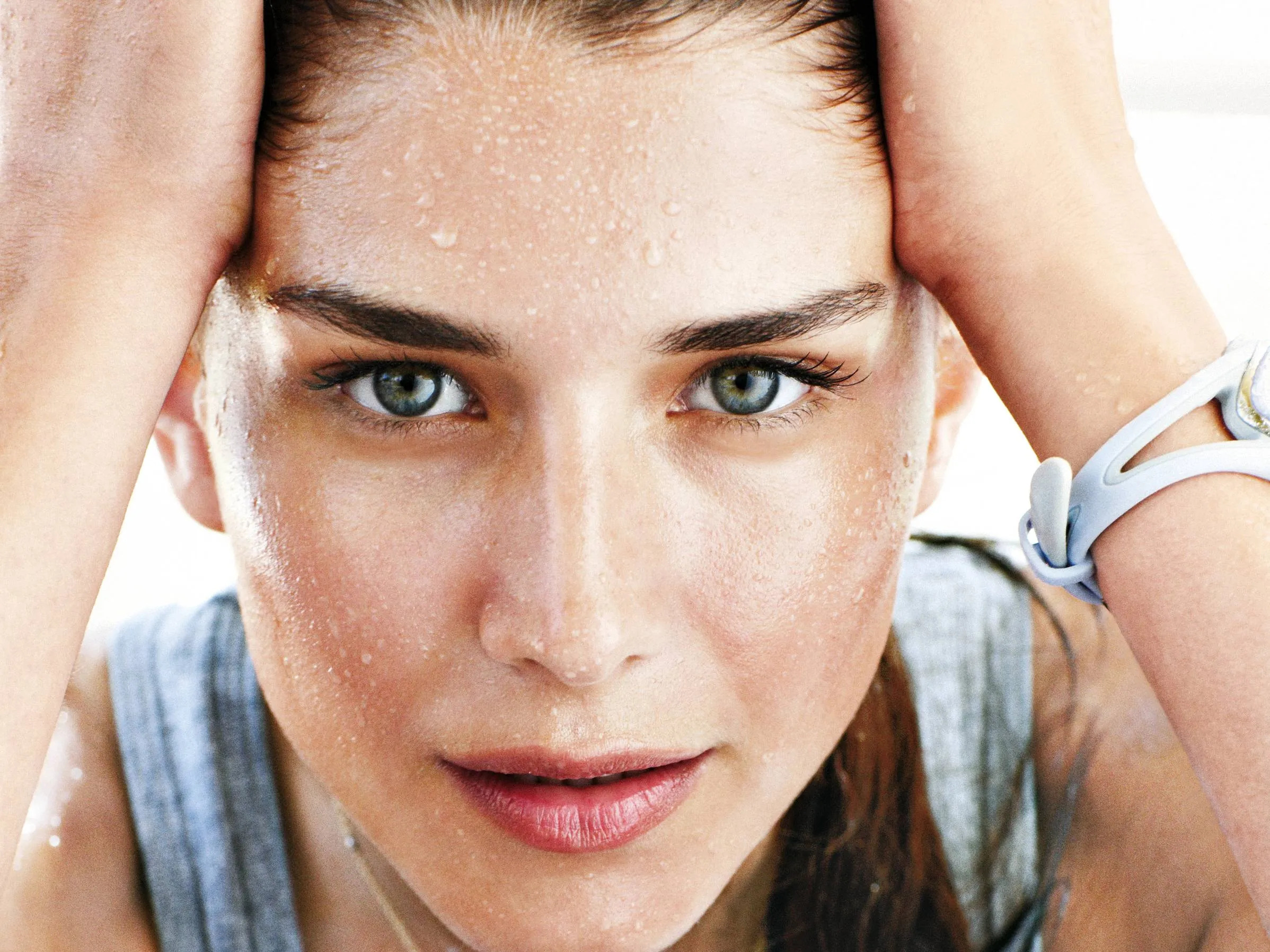Acne can be a frustrating skin condition that affects many people at various stages of life. To get rid of acne, you need to adopt a consistent skincare routine that includes gentle cleansing, proper exfoliation, and using effective acne treatments. Understanding the causes of acne and how to treat it can make a significant difference in your skin’s appearance and health.
You might feel overwhelmed by the numerous products and methods available, but knowing the right steps can help you take control. From daily skincare practices to over-the-counter solutions, there are practical ways to reduce breakouts and promote clearer skin. With the right approach, managing acne becomes easier and more effective.
Key Takeaways
- A consistent skincare routine is crucial for clearer skin.
- Over-the-counter treatments can effectively tackle acne.
- Seeking professional help may be necessary for persistent acne.
Understanding Acne
Acne is a common skin condition that can come in different forms and is influenced by various factors. Recognizing the types and causes can help you manage acne effectively. Lifestyle choices, including your diet, also play a significant role in acne development.
Types and Causes of Acne
There are several types of acne, including comedonal acne, which consists of whiteheads and blackheads, and inflammatory acne, such as pimples and cysts. These conditions arise when hair follicles become clogged with oil (sebum), dead skin cells, and bacteria.
Your sebaceous glands produce sebum, which is necessary for healthy skin. However, excessive oil production can lead to clogged pores. Bacteria like Propionibacterium acnes thrive in this environment, causing irritation and inflammation. Hormonal fluctuations, especially during puberty, menstruation, or pregnancy, can increase oil production and exacerbate existing acne.
Impact of Diet and Lifestyle
Your diet and lifestyle choices can also impact your skin’s health. Foods high in sugar and dairy may trigger breakouts in some individuals. Certain oils and fats can increase sebum production, contributing to clogged pores.
Hydration is essential; drinking enough water helps maintain skin health. Additionally, stress management techniques, like exercise and relaxation, can reduce hormonal fluctuations that lead to acne. Keeping your skin clean without over-washing is crucial. Use gentle cleansers that remove excess oil without irritating your skin.
By examining these factors, you can create a plan tailored to your skin type that reduces breakouts and improves your overall complexion.
Daily Skin Care Practices
Establishing a daily skincare routine is crucial for managing acne effectively. You will benefit from practices that gently cleanse, exfoliate, moisturize, and protect your skin from the sun.
Effective Cleansing and Exfoliating
Start with a gentle cleanser to remove dirt and oil from your skin. Look for products labeled as non-comedogenic, which means they won’t clog your pores. Cleanse your face twice daily—once in the morning and once at night.
Exfoliating helps remove dead skin cells that can contribute to acne. Use a mild exfoliant 1-2 times a week. Avoid harsh scrubs that can irritate the skin. Instead, consider chemical exfoliants like salicylic acid or glycolic acid. These ingredients help to keep pores clear and reduce breakouts.
Moisturizing and Sun Protection
After cleansing, apply a lightweight moisturizer. Even oily skin needs hydration. Choose a non-comedogenic moisturizer to prevent clogged pores. This will help maintain your skin barrier and prevent irritation from acne treatments.
Don’t forget about sun protection. Use a broad-spectrum sunscreen every day, even when it’s cloudy. Look for products that are oil-free and non-comedogenic. Sunscreen protects your skin from damage and reduces the risk of post-acne dark spots. Daily care with these steps will help you manage acne effectively.


Over-The-Counter Solutions
You have several options when it comes to treating acne with over-the-counter (OTC) products. These solutions often provide effective ways to manage breakouts without needing a prescription. Below are some widely used topical treatments and natural remedies.
Topical Treatments That Work
There are many effective OTC treatments available for acne. Benzoyl peroxide is a popular choice. It helps kill acne-causing bacteria and reduces inflammation. You can find it in creams, gels, and cleansers.
Salicylic acid is another effective ingredient. It unclogs pores and helps exfoliate skin. Look for products that contain these ingredients at concentrations of 0.5% to 2%.
Retinoids are also beneficial. You can find them in products like Differin Gel. Retinoids help promote cell turnover, keeping pores clear and reducing the appearance of acne scars.
Other options include zinc, which can reduce inflammation, and products with tea tree oil, known for its antibacterial properties. Choose products based on your specific skin type and acne severity.
Natural Remedies and Supplements
If you prefer natural options, some remedies may help improve your skin. Aloe vera is soothing and can reduce redness and inflammation. You can apply aloe gel directly to your skin or use products that contain it.
Green tea and green tea extract are also praised for their anti-inflammatory properties. Drinking green tea or using skincare products with its extract may help reduce acne.
Additionally, consider supplements with zinc or omega-3 fatty acids. These can support skin health from within. Always consult with a healthcare provider before adding new supplements to your routine, especially if you have skin concerns.
When to See a Dermatologist
If you struggle with persistent or severe acne, seeing a dermatologist can be important for effective treatment. They can prescribe medications and recommend professional treatments tailored to your individual needs.
Prescription Medications
You may need prescription medications if your acne is severe or doesn’t improve with over-the-counter products. Dermatologists often prescribe antibiotics like clindamycin to reduce inflammation and bacteria.
Retinoids, such as adapalene, help prevent clogged pores and promote skin cell turnover. For more severe cases, oral medications like isotretinoin (also known as Accutane) may be necessary. It is highly effective for cystic acne but can have significant side effects, so close monitoring is required.
When your acne shows no signs of improvement over time, it’s a good time to consult a dermatologist for personalized medication solutions.
Professional Procedures
In addition to medications, dermatologists offer various professional procedures for treating acne. Chemical peels can help remove dead skin and reduce clogged pores, leading to clearer skin over time.
Laser treatments target deeper skin layers to reduce acne scars and inflammation. These treatments can be combined in a comprehensive plan to target your specific acne type and skin challenges.
If your acne is persistent and you haven’t seen improvement with at-home care, professional procedures may provide the effective solution you need.
Managing Acne Long-Term
To tackle acne effectively over time, it’s essential to create a consistent skincare routine and seek continuous treatment options. This approach helps in preventing breakouts and managing existing acne.
Establishing a Skincare Routine
You should start by developing a daily skincare routine tailored to your skin type. Use a gentle cleanser twice a day to remove excess oil and dirt. Consider incorporating products with active ingredients like benzoyl peroxide or salicylic acid, which help to treat and prevent acne.
Moisturizing is also important. Even if you have oily skin, choose a lightweight, non-comedogenic moisturizer to keep your skin hydrated.
Don’t forget to include sunscreen in your morning routine. Sun exposure can worsen acne scarring and post-inflammatory hyperpigmentation. Always opt for broad-spectrum protection and reapply throughout the day.
Continued Treatment and Prevention
Regular follow-ups with a dermatologist are key for managing acne long-term. They can recommend treatments like hormonal medications or birth control if hormonal changes are a factor, especially during menstruation or pregnancy.
For severe or cystic acne, prescription treatments may be necessary. Options can include topical or oral antibiotics and retinoids. These medications help reduce inflammation and prevent new breakouts.
It’s also vital to avoid picking or squeezing pimples. This can lead to scarring and delayed healing. Instead, focus on scar treatment options if you experience acne scars, such as specialized creams or dermatological procedures. Combining consistent care with professional treatments can yield clearer skin and improve overall skin health.




